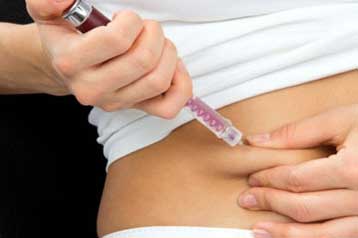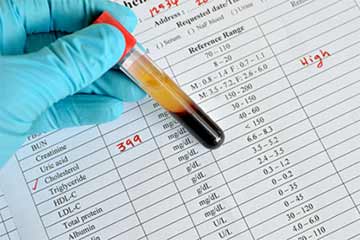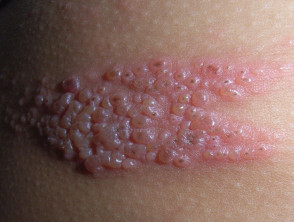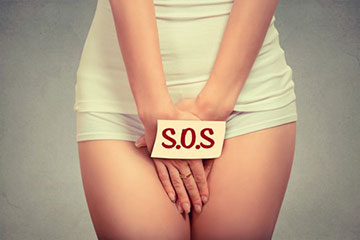Pertussis
Diagnosis and Treatment
Diagnosis
Pertussis (whooping cough) can be diagnosed by taking into consideration if you have been exposed to pertussis and by doing a:
- History of typical signs & symptoms
- Physical examination
- Laboratory test which involves taking a sample of secretions (with a swab or syringe filled with saline) from the back of the throat through the nose — see Figure 1 and video demonstrations.
- Blood test
Treatment
Pertussis is generally treated with antibiotics and early treatment is very important. Treatment may make your infection less severe if it is started early, before coughing fits begin. Treatment can also help prevent spreading the disease to close contacts (people who have spent a lot of time around the infected person) and is necessary for stopping the spread of pertussis. Treatment after three weeks of illness is unlikely to help because the bacteria are gone from your body, even though you usually will still have symptoms. This is because the bacteria have already done damage to your body.
There are several antibiotics available to treat pertussis. If you or your child is diagnosed with pertussis, your doctor will explain how to treat the infection.
If Your Child is Treated for Pertussis at Home
Do not give cough medications unless instructed by your doctor. Giving cough medicine probably will not help and is often not recommended for kids younger than 4 years old.
Manage pertussis and reduce the risk of spreading it to others by:
- Following the schedule for giving antibiotics exactly as your doctor prescribed.
- Keeping your home free from irritants - as much as possible - that can trigger coughing, such as smoke, dust, and chemical fumes.
- Using a clean, cool mist vaporizer to help loosen secretions and soothe the cough.
- Practicing good handwashing.
- Drinking plenty of fluids, including water, juices, and soups, and eating fruits to prevent dehydration (lack of fluids). Report any signs of dehydration to your doctor immediately. These include dry, sticky mouth, sleepiness or tiredness, thirst, decreased urination or fewer wet diapers, few or no tears when crying, muscle weakness, headache, dizziness or lightheadedness.
- Eating small, frequent meals to help prevent vomiting if occurring.
If Your Child is Treated for Pertussis in the Hospital
Your child may need help keeping breathing passages clear, which may require suctioning (drawing out) of thick respiratory secretions. Breathing is monitored and oxygen will be given, if needed. Intravenous (IV, through the vein) fluids might be required if your child shows signs of dehydration or has difficulty eating. Precautions, like practicing good hand hygiene and keeping surfaces clean, should be taken.






